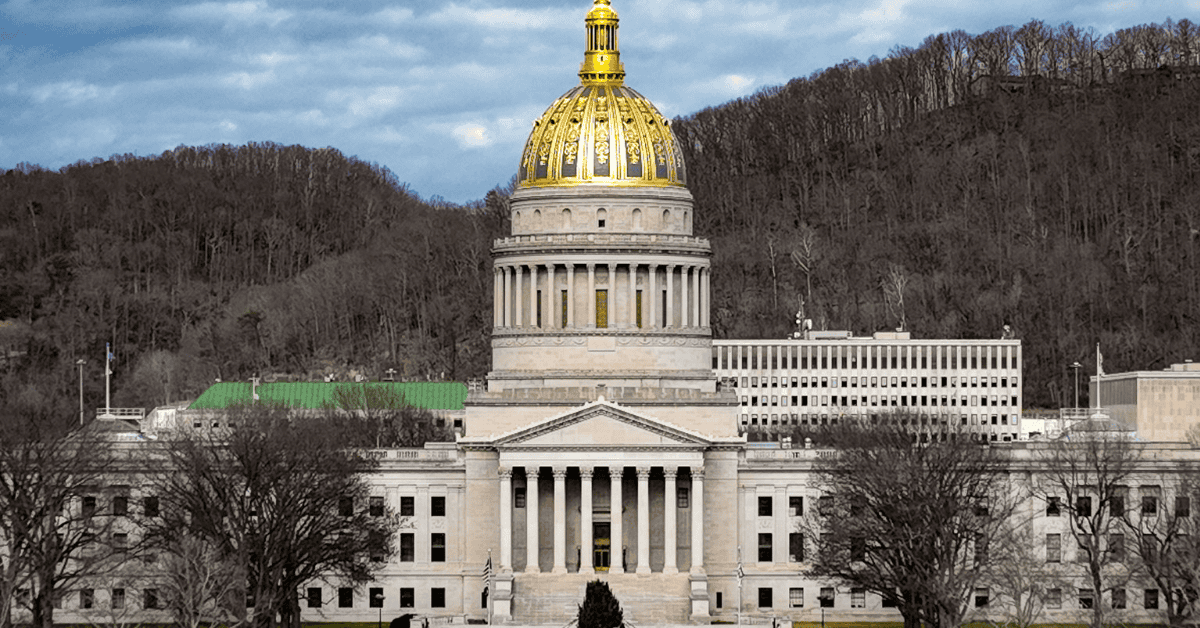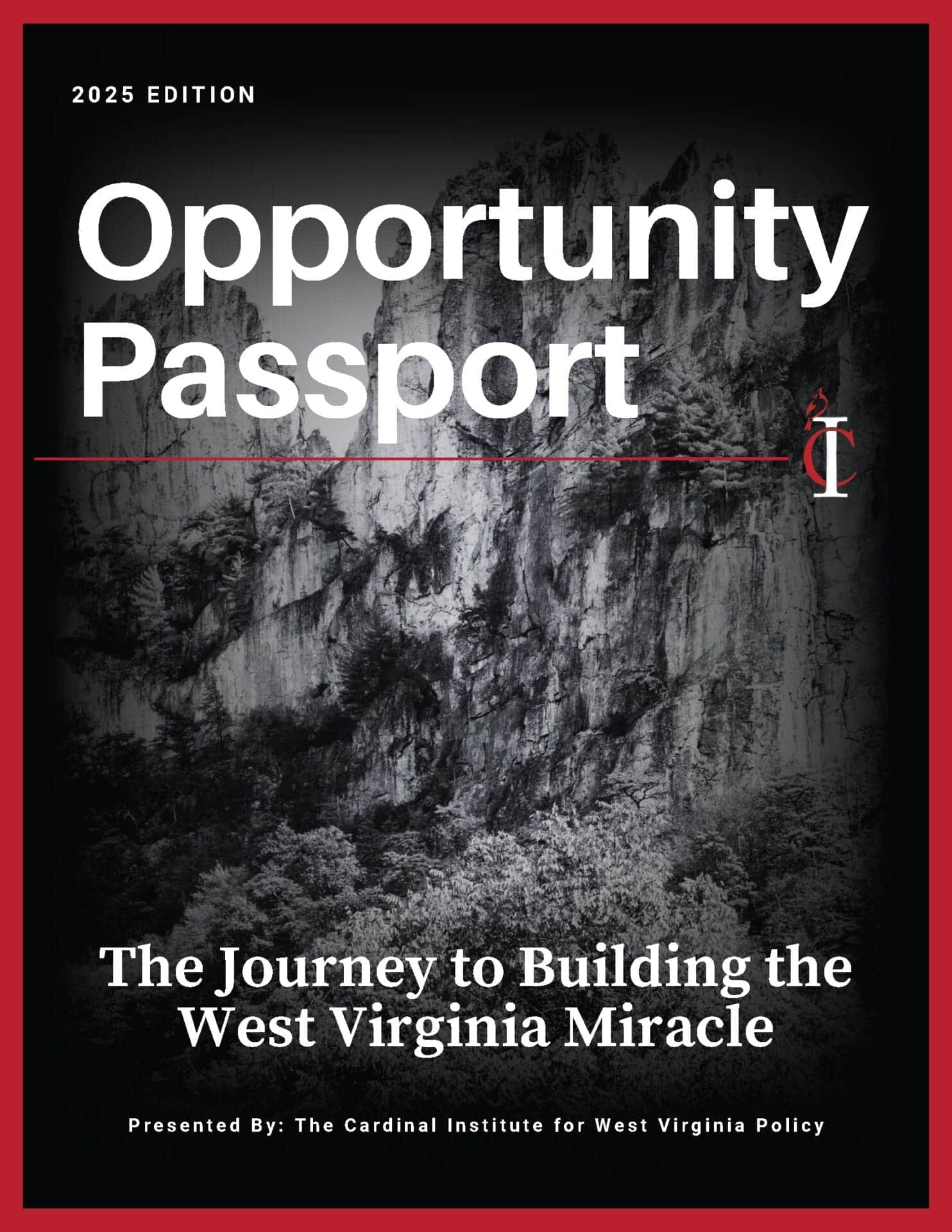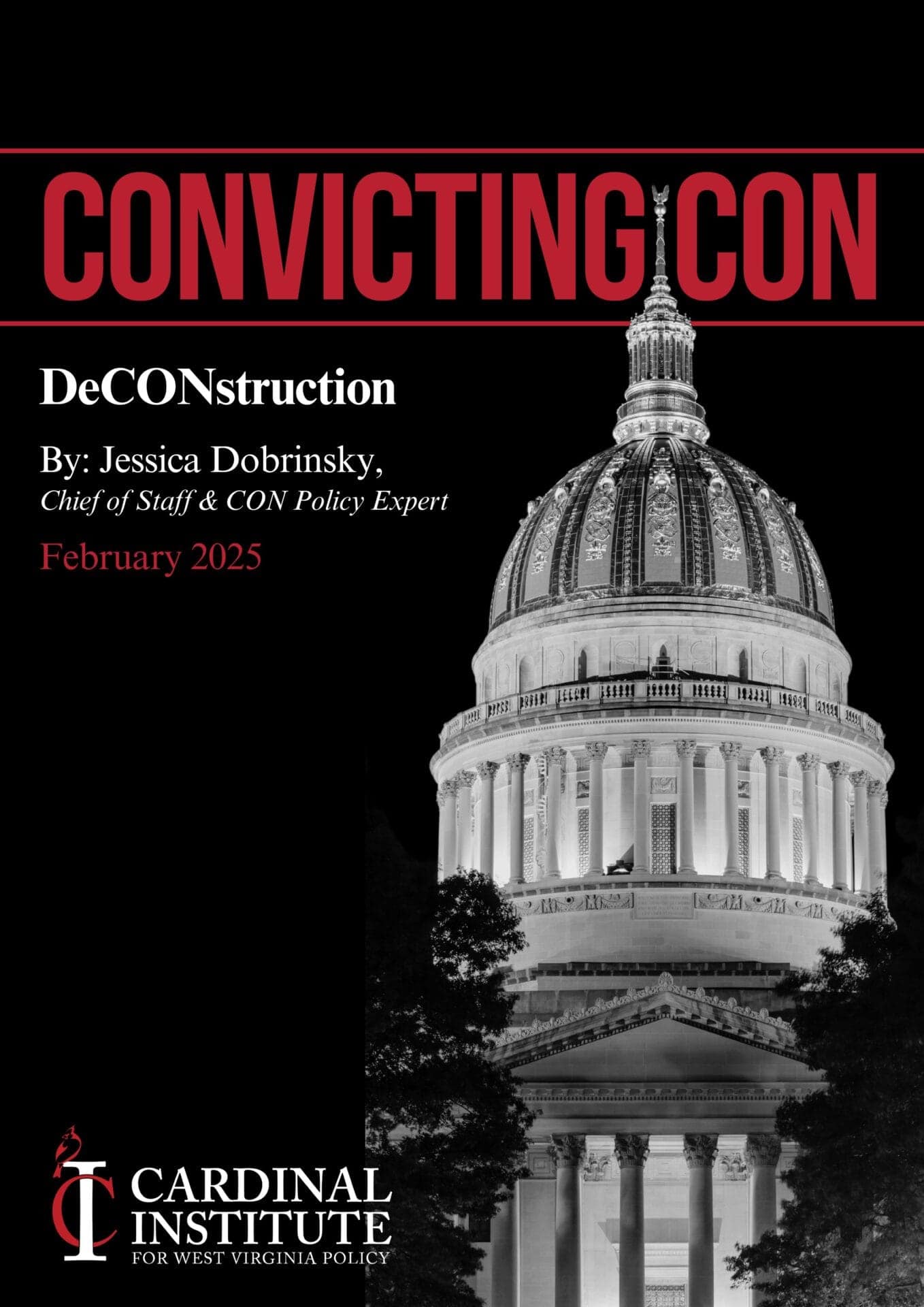
Economy, Education, Energy
Survey Says . . .
Leading into the 2023 Legislative Session, our team at the Cardinal Institute commissioned a public opinion survey to track and determine the attitudes and opinions of West Virginia voters on the issues that concern them the most in our state.
After a tumultuous 2022, it comes as little surprise that Mountaineers are most concerned about the “The Three Es.”
- Economy
- Education
- Energy
As much as they are their own policy realms, The Three Es are intertwined.
West Virginians Want Economic Opportunity
First and foremost, West Virginians struggle to believe that the future of our state will hold the kinds of opportunities necessary for our younger generations to make the choice to stay and build a life here. Almost two-thirds of the respondents were either not very or not at all confident that a brighter future will materialize. Insofar as they hang their hopes on any given industry or job sector, West Virginians believe in a healthy mix of both white and blue-collar jobs.
In some ways, this response is indicative of a state at the crossroads. Much of our history is tied up in natural resource extraction, be it coal mining or the timber industry. Today, the state’s colleges and universities and new technologies they teach represent the brightest spots.
Education is Important for a Brighter Future
For the past half-decade, the overwhelming majority of West Virginia children have had their educational experiences disrupted. In 2018 and 2019, these disruptions stemmed from teachers and service personnel calling a strike. 2020 and 2021 were marked by the COVID-19 pandemic.
2022 should have been the bright spot for these weary learners and their families after the passage of the Hope Scholarship. Alas, legal challenges disrupted the fall semester plans for more than 3000 students. Thankfully, the WV Supreme Court upheld the Hope Scholarship as constitutional. This week families started receiving and using their “Hope Dollars” to customize their children’s educations early in 2023.
We are in the earliest stages of seeing how a new way of thinking about education funding changes those children’s futures. Taken together, it’s the beginning of a marvelously overwhelming change for our entire state and the future prospects thereof.
Energy Independence is Important to West Virginians
After a summer that scarred us with painful memories of $5 per gallon gasoline and rising utility bills, it’s no wonder that West Virginians have very strong opinions about energy production. When you couple that with our history as an energy producing state, it’s quite fitting that the majority of our state believes that energy independence should be a key national priority. With that comes the expectation that we should do more to access the natural resources within our state and build the infrastructure to take those resources to their highest valued uses.
To offer just one example: Seizing the opportunities to further develop our natural resources would do a lot for the future in the eyes of West Virginians. It would bolster the economy through high-paying jobs and lighten the monthly expenses of utility bills. Not all of these jobs are necessarily hard-labor occupations. Fully capitalizing on these resources would require both blue and white collar workers. With the expansion of educational freedoms, the likelihood that these workers could and would be homegrown is better than ever.
Economy, Education, and Energy Go Together
The Three Es aren’t just disparate policies that our lawmakers should bear in mind. They’re the foundation of a coherent vision for an exceptional future. If we want to see a West Virginia Miracle in our lifetimes, this is where we should start.
Jessi Troyan is the Director of Policy & Research for the Cardinal Institute for West Virginia Policy.








